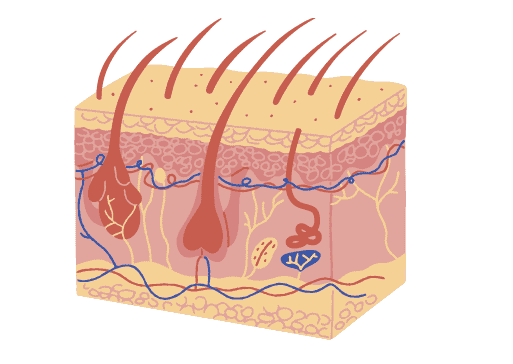AMRRIC’s One Health Research Coordinator had an opportunity to participate in a Skin Health Forum hosted by the NT Health Top End Public Health Unit. The forum included presentations on topics ranging from dermatology to infectious disease and public health, with nearly 100 professionals involved in human and environmental health attending in person, and even more attending online.
Many of forum’s discussions were centered around scabies, especially crusted scabies, a severe form of scabies that happens in people who don’t mount a normal immune response to the mites. Crusted scabies is highly contagious and is common in people living in remote Aboriginal and Torres Strait Islander communities. This disease can have a tremendous impact on the physical and mental health and wellbeing of the people that get it. Also concerning is that both scabies and crusted scabies cause breaks in the skin that can lead to secondary bacterial infections, including those infections that are associated with the development of Acute Rheumatic Fever, Rheumatic Heart Disease, blood infections and kidney problems.
It was a privilege to get to discuss these issues with researchers and professionals working in the human and environmental health field, and their dedication to improving skin health and other associated health complications is truly inspiring. While it is still a lack of consensus around the role dogs and other animals play in scabies in people, there are several other parasites and other pathogens affecting the skin and other parts of the body that can spread between animals and people.
The forum highlighted the need for professionals from across the One Health sector including human health, environmental health, animal health and the social sciences to work together to try to address health issues affected people living in rural and remote Aboriginal and Torres Strait Islander communities, in order to effectively work towards closing the gap in health and life expectancy between Aboriginal and Torres Strait Islander peoples and non-Indigenous Australians.
In addition to providing animal health and veterinary services to rural and remote communities to reduce the potential spread of disease between animals and people, AMRRIC is also working to expand the One Health knowledge base by evaluating the links between human and companion animal health. AMRRIC works to help develop and expand of respectful, collaborative relationships between research partners and Aboriginal and Torres Strait Islander communities, focusing on research projects that address community-identified research priorities and utilise this knowledge to help to educate communities and inform policy and allocate resources to areas where they are most needed. Attendance at forums such as this allow us to develop relationships with relevant researchers and practitioners, and advocate for a One Health approach.
